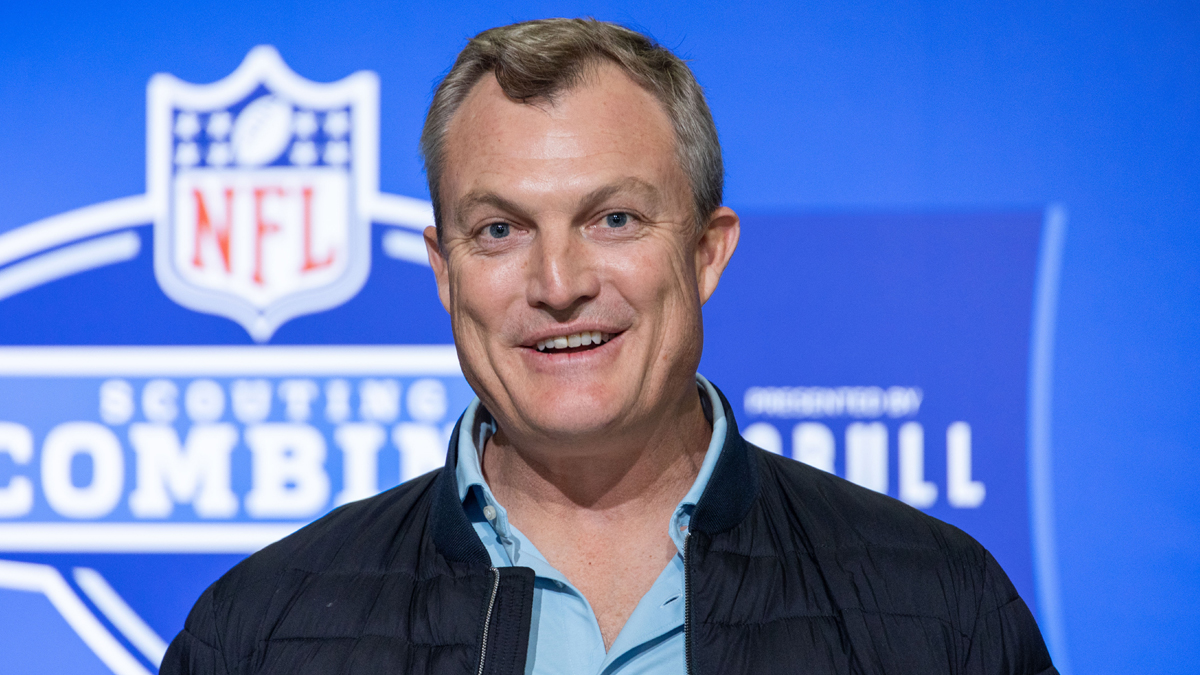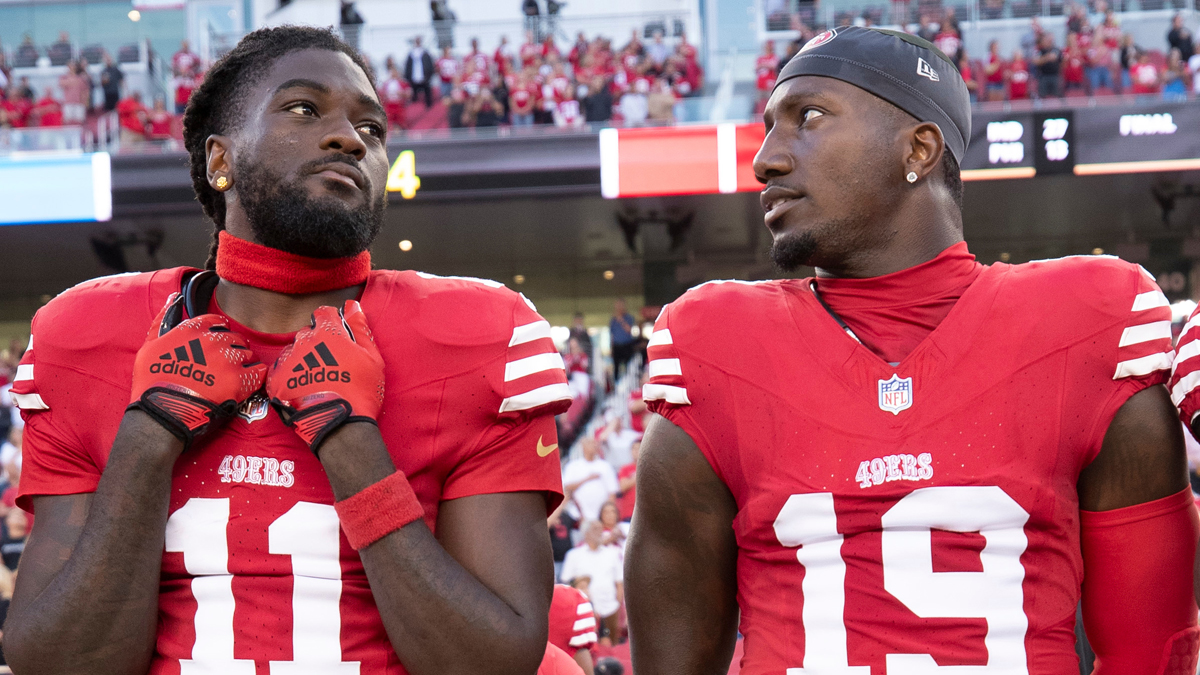Hunter Strickland's next fifteen-minutes-of-fame moment has not gone well, and without claiming to know him well enough to speculate well, I would guess that he will work very hard to make it not matter.
His decision to throw at Washington's Bryce Harper in belated response to Harper's two home runs against him in the 2014 playoffs (and no, we're not buying the "it got away from me" story) has been almost universally savaged as an act of potentially dangerous petulance. Strickland, who plays at being the defiant sort – a bit like Madison Bumgarner, though comparisons are typically dodgy by their very nature – seemed neither contrite nor even bothered by the event or its aftermath.
He seemed, in fact, like he'd be willing to do it all again if given another chance.
But that's conjecture, of which there is much, without a lot of evidence, of which there is only the act and its images, like Buster Posey opting out of the subsequent brawl, and Jeff Samardzija taking out Michael Morse like a free-range scud, and Strickland being dragged/mauled off the field against his will by George Kontos, Hunter Pence and Mac Williamson.
We can infer from these things that (a) some of his fellow players are skeptical of his temper, (b) that Samardzija will never not be a wedge-buster at heart, and (c) Hunter Strickland will find out the real price of being reduced to a caricature by Big Hot-Take.
It's a story as old as electronic scoreboards – the guy who either decides to play the villain or has villainy thrust upon him, and decides to iron-jaw his way through the reaction. Strickland gave in to a moment of three-year-old pique over what was essentially his own failure, forgetting that one of the many unwritten rules of baseball is that while you might throw at a guy in defense of your team, you don't endanger your teammates by settling an individual score – especially when you're the one who ultimately won.
Sports
Strickland has been one of the best relievers the Giants have this year, so his career was on a slow but discernible rise after its original difficult start. But he has in one moment decided to define himself to the outside world as the guy who reprised one of his lowest moments with a 98-mph tantrum, and the weight that comes with that is heavy at first and only gets worse with time.
And while he is facing it, he is facing it face-first without fully understanding the continuing price of being the designated bad guy. Nobody ever does until they got through it, and only the most obstinate and successful athletes even have a fighting chance to break even with an amorphous public that can't be seen, felt or argued with.
See Green, Draymond.
Maybe an apology, which Strickland is loath to provide, could change the narrative assigned to him, because let's face it, we give great deference to the quality of one's apology. But if Strickland is going to power through this chin-out and in full defiance, his career will be marked by endless replays of the Harper incident, which we feel fairly secure saying he will not enjoy.
But it's what he seems to be signing on to, on the theory that he will not give in to public pressure or opprobrium. He is going to find out that it isn't the easy matter it seems, but it is not something he can be told. He will have to experience it, over and over and over again, and the difficulty of carrying that tonnage is not to be underestimated.
In short, in the world of celebrity (and even a setup man in the major leagues like Strickland is a celebrity of sorts), you are defined by the public based on whom that public decides you are, no matter how true or false a read that might be. That's a tough pull for all but the most successful athletes and hide-bound personalities, because it can go on for years.
We are about to find out which of those types Hunter Strickland is. And by "we," I mean him and the public that judges him.



